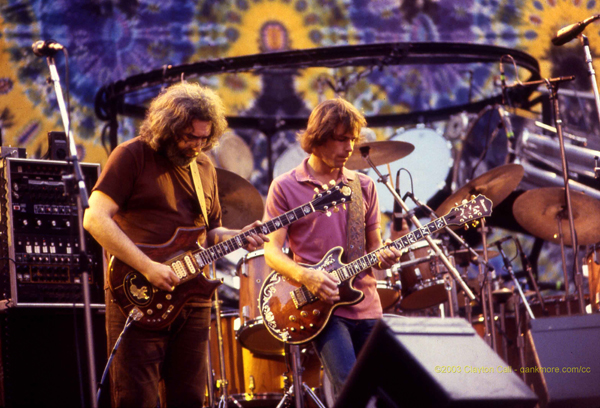Videos by American Songwriter
Have you ever heard that Freudian slip where someone means to say the word “mother” but accidentally substitutes the word “smother” instead? If you have, or if maybe you’ve even uttered it yourself, you can probably understand the complex emotions not quite suitable for Hallmark percolating within Pink Floyd’s “Mother.”
Granted, it’s not exactly the most sentimental choice for a post-Mother’s Day playlist selection. And it won’t be replacing “Wind Beneath My Wings” at too many wedding receptions when the groom dances with his Mom (although wouldn’t you love to see that just once?) But it is a witheringly honest portrayal of a mother who loves her son so much that she actually damages his development as a functioning adult.
“Mother” is one of many songs on The Wall, Pink Floyd’s 1979 behemoth double-album, which came partially from the life experience of chief songwriter Roger Waters. Waters told Mojo magazine in 2009 about how the mother in the song was partially inspired by his own. “My mother was suffocating in her own way,” he said. “She always had to be right about everything. I’m not blaming her. That’s who she was. I grew up with a single parent who could never hear anything I said, because nothing I said could possibly be as important as what she believed. My mother was, to some extent, a wall herself that I was banging my head against.”
The song is structured as a dialogue, with Waters playing Pink, the rock-star protagonist of The Wall who, even as an adult, peppers his mother with life questions so that she can essentially dictate his choices. His queries zigzag wildly from concerns about the state of the world to the quality of his latest single: “Mother do you think they’ll drop the bomb/Mother do you think they’ll like this song?” He eventually asks her to suss out the competition for his affection: “Mother do you think she’s good enough to me/Mother do you think she’s dangerous to me.”
Lead guitarist David Gilmour plays the part of the domineering mother (and considering the growing enmity at the time between Floyd’s leaders, it might not be coincidental that Waters cast Gilmour in the role of his tormentor.) This woman is not the typical carer/nurturer that we wish all mothers could be. On the contrary, she makes her intentions clear with the first lines she utters: “Hush now baby, baby, don’t you cry/Mamma’s gonna make all of your nightmares come true/Mamma’s gonna put all of her fears into you.”
Not even a typically acrobatic guitar solo from Gilmour can pierce through the creeping claustrophobia Mamma Pink engenders. By the end of the song, she sounds more like Big Brother than Kind Mother: “Mamma will always find out where you been.” Her final line is one that would seem benign coming from a different kind of mother, but, from her, it seems downright sinister: “Ooh baby/You’ll always be baby to me.”
Is it all a bit of a downer? Perhaps. But part of the premise of The Wall is that the bricks need to be identified before they can be obliterated. Pink Floyd’s “Mother” might not paint the prettiest family picture, but there is no doubt that many can relate to this searing depiction. For those who can’t, make sure you give Mom one hug for the love and another for the freedom she gave you to grow.













Leave a Reply
Only members can comment. Become a member. Already a member? Log in.